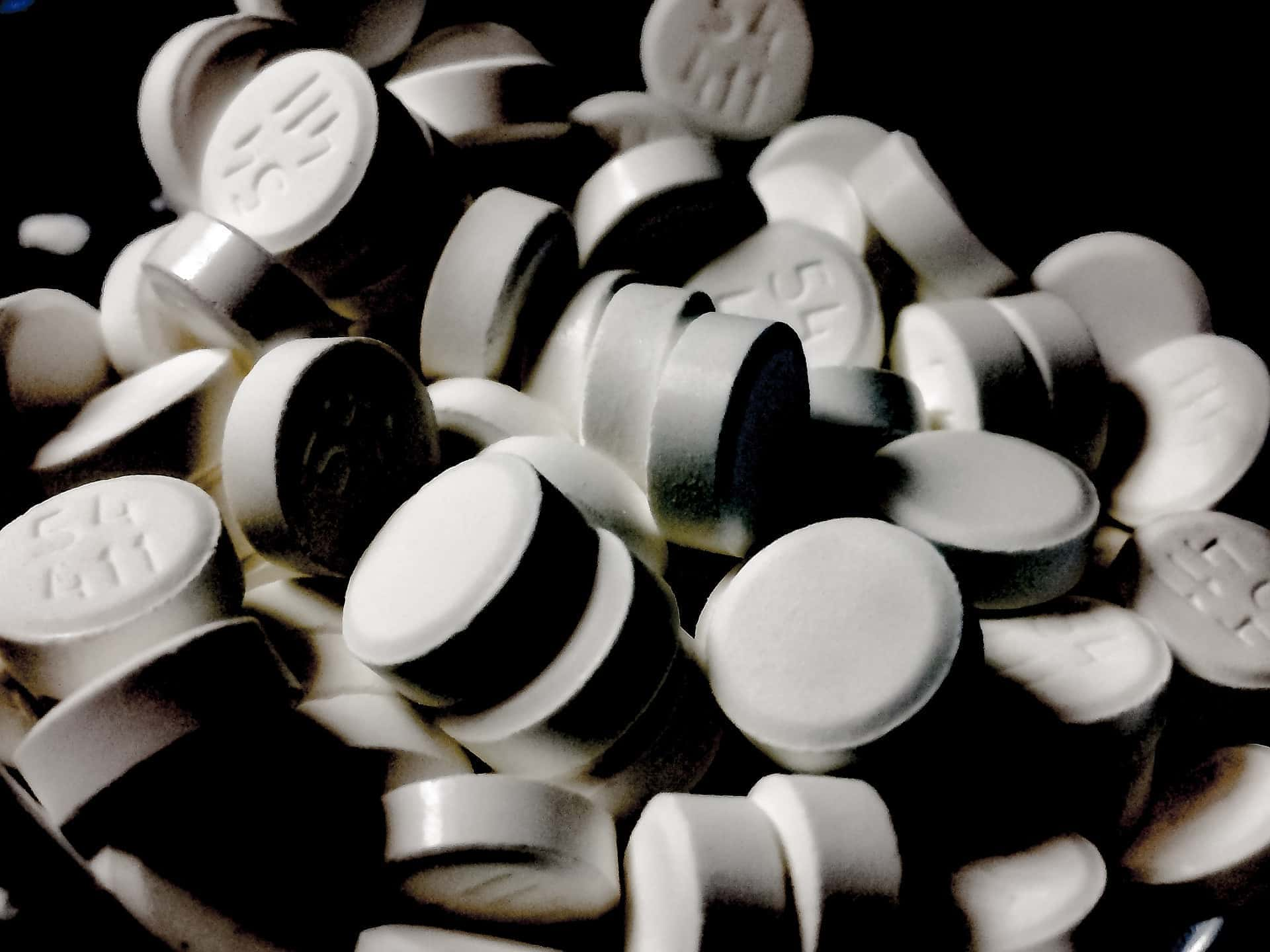
INDIANA – People with opioid use disorder are still getting help, even though coronavirus has sent a lot of people home, including some health care workers. The state is allowing treatment centers to provide methadone via lockbox, to help people avoid standing in line to get their doses.
“Normally the way it works is that patients have to go into the clinic to receive their daily methadone dose. There are provisions for take homes once you demonstrate compliance and clean urine screens,” said Jay Chaudhary, director of the Division of Mental Health and Addiction.
OTPs are the only locations in the state with the authority to dispense methadone for treatment of opioid use disorder, said a news release from the Division.
Prior to this public health emergency, the majority of patients were required to visit the clinic every day for their medication. Every day, OTPs serve more than 10,000 Hoosiers in recovery from opioid use disorder with methadone, evidence-based therapies and other psychosocial services.
He said doses of Naloxone are also being provided, in case someone overdoses. Naloxone, or Narcan, is the medicine that can counteract and OD.
“It’s sort of our policy in the state of Indiana to get Nalaxone out to anybody who might need it. So, this is just a health and safety measure.”
Chaudhary said if people need treatment and need to talk with addiction counselors, that service will be accomplished mostly through telehealth.
“We are looking into waving or getting rid of all barriers to telepsychiatry, telehealth or telemedicine,” he said. “Just trying to do what we can to get people in as stable place as possible and keep them in a stable place while also following and maintaining all the various public health instructions.”
Chaudhary said there are people who do not qualify for take-homes and that on-site care will still be available in some locations.
“We’re giving them instructions on maintaining appropriate distances and screening,” he said. “We’re making sure it’s only available for people who absolutely need it.”
Image by Jessica Hatchell from Pixabay


